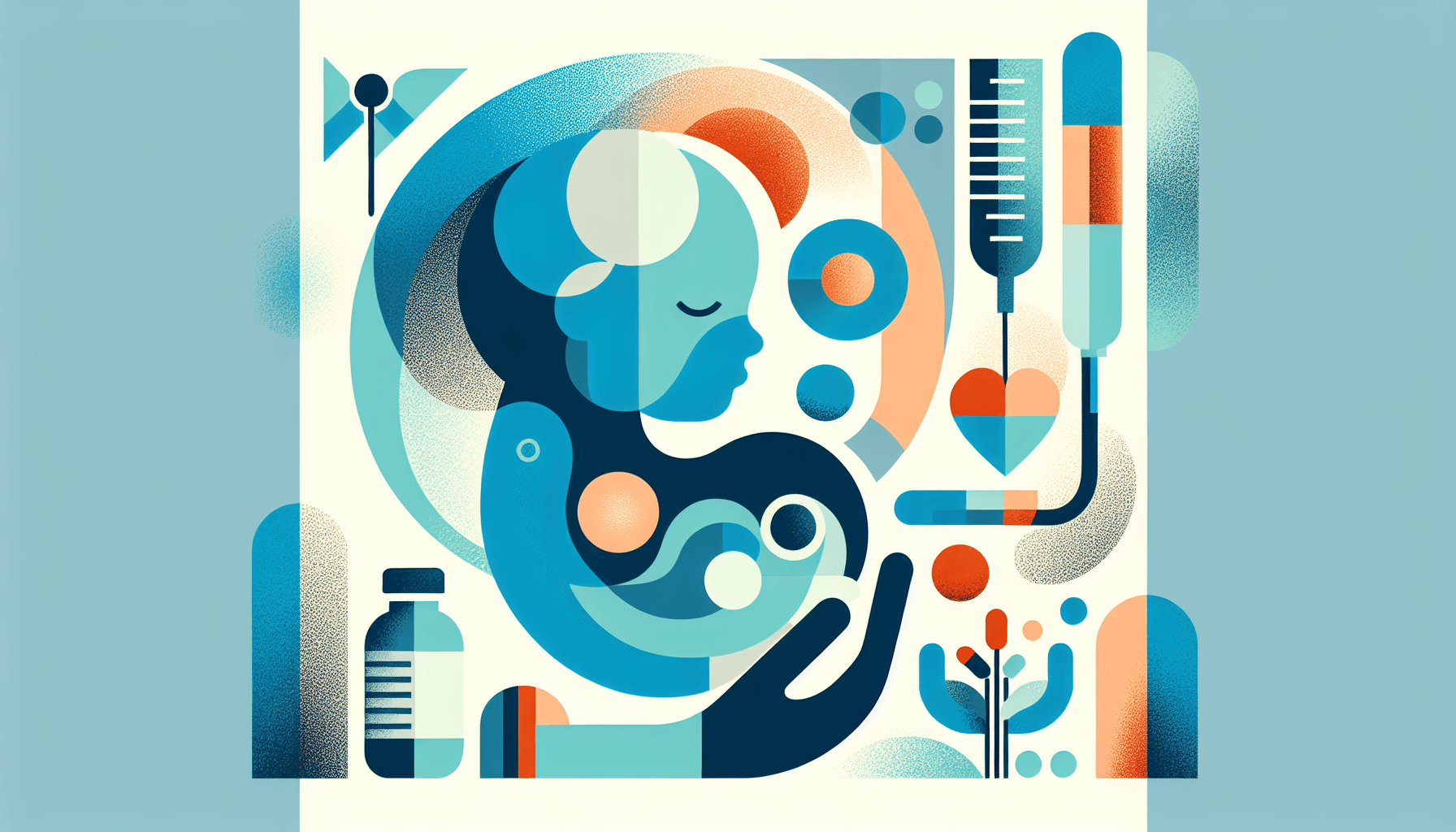Jaundice is a common condition that affects 60-80% of newborns in the United States. It occurs when there is a buildup of bilirubin, a yellow pigment, in the baby's blood. While jaundice usually resolves on its own, if left untreated, it can lead to a rare type of brain damage called kernicterus.
What Causes Jaundice and Kernicterus?
Jaundice occurs when a newborn's liver is not yet fully developed and cannot efficiently process bilirubin. This leads to a buildup of bilirubin in the blood, causing the baby's skin and eyes to appear yellow. If the bilirubin level remains high and is not treated, it can lead to kernicterus, also known as bilirubin-induced neurologic dysfunction (BIND).
Symptoms of Jaundice and Kernicterus
The most noticeable symptom of jaundice is a yellow or orange tint to the baby's skin, starting at the head and spreading to the rest of the body. Other symptoms may include:
If jaundice progresses to kernicterus, additional symptoms may develop, such as:
Drowsiness or lack of energy
Uncontrollable or high-pitched crying
Fever
Limpness or stiffness of the body
Unusual eye movements
Muscle spasms or reduced muscle tone
As the child grows older, kernicterus can lead to seizures, unusual motor development, hearing and sensory problems, and stained tooth enamel.
Diagnosis and Testing for Jaundice and Kernicterus
Newborns should be monitored for jaundice every 8-12 hours during the first 2 days of life and rechecked before they are 5 days old. Doctors can use a light meter to measure the bilirubin level before the baby leaves the hospital. If the result is high, a blood test may be ordered for further evaluation, as it is the most accurate way to measure bilirubin levels.
Treatment Options for Jaundice and Kernicterus
Treatment for jaundice depends on the severity of the condition and the baby's risk factors. Options may include:
Ensuring adequate nutrition through breast milk or formula
Phototherapy (light therapy) to break down bilirubin
Providing fluids to prevent dehydration
Blood transfusion in severe cases to quickly lower bilirubin levels
It is essential to seek medical attention if your baby shows signs of jaundice or kernicterus. Early diagnosis and treatment can prevent serious complications and ensure your baby's healthy development. For more information, consult with your pediatrician or visit reputable websites such as CDC - Jaundice, AAP - Jaundice in Newborns, and March of Dimes - Newborn Jaundice.
The Bottom Line
Early detection and treatment within the first 2-3 days prevents permanent brain damage from kernicterus in nearly all cases. Monitor your newborn for yellowing skin starting at the face, and ensure feeding every 2-3 hours to help clear bilirubin naturally. If you notice yellowing skin or decreased feeding in your newborn, Doctronic can help you quickly assess whether immediate medical attention is needed.



